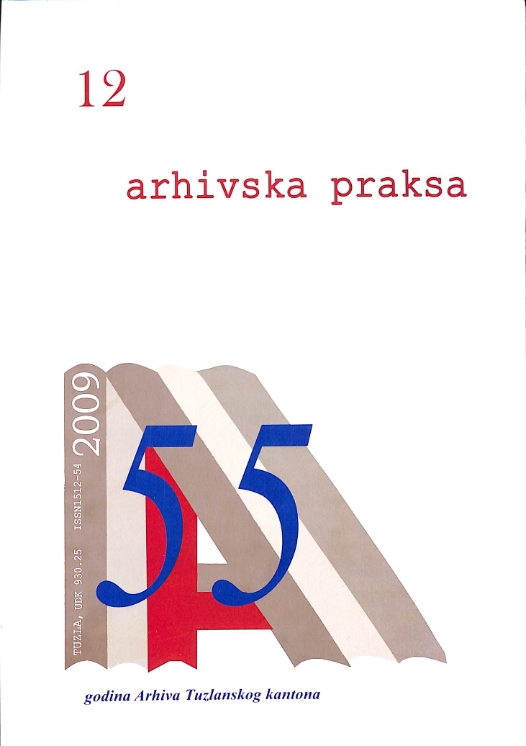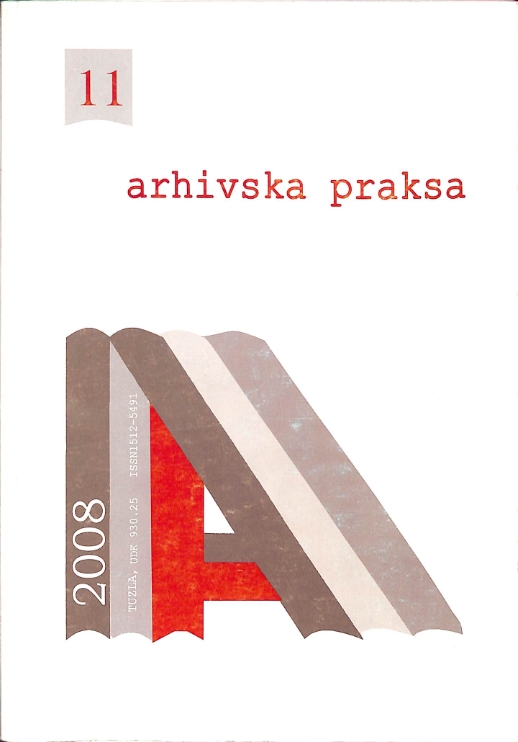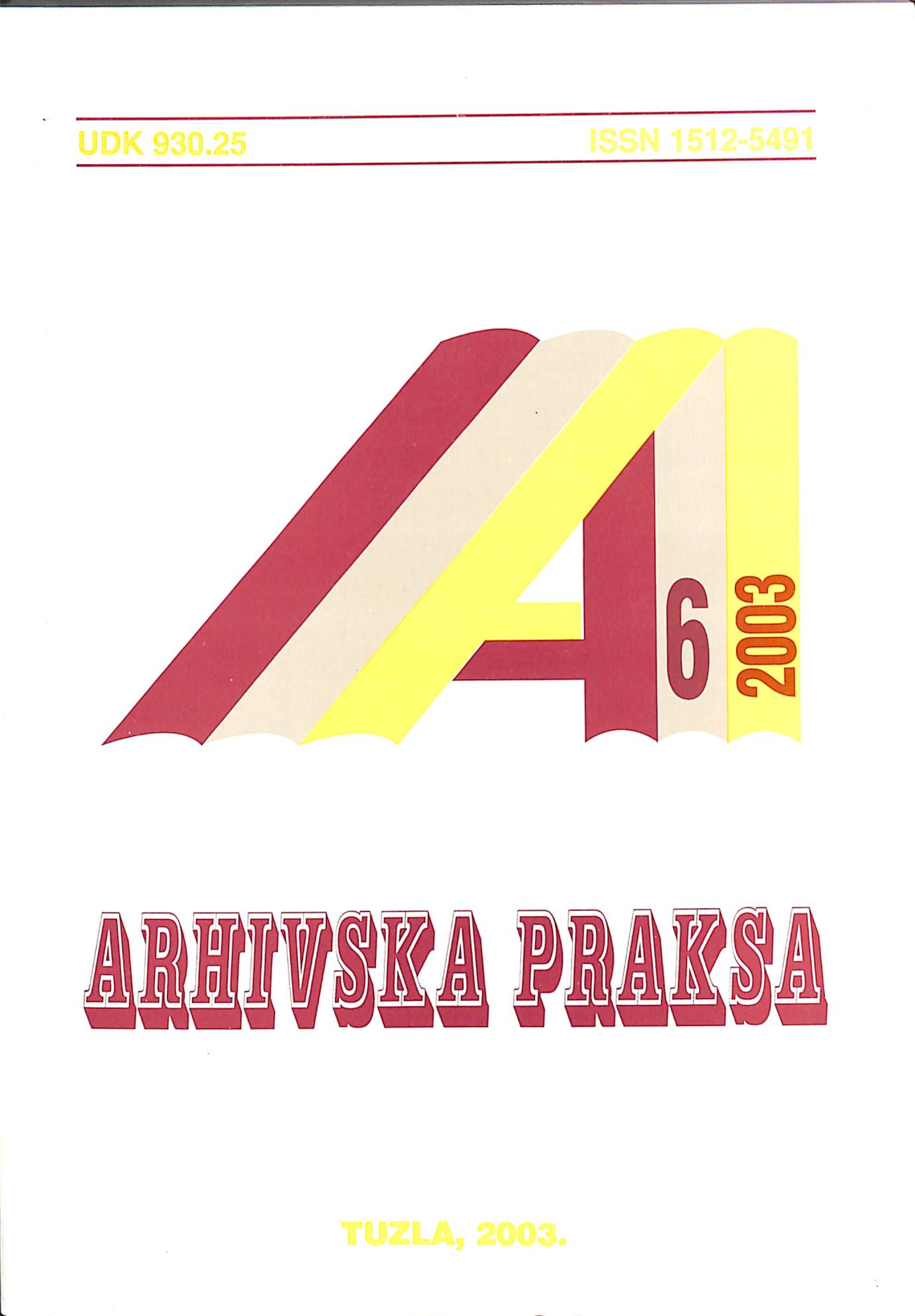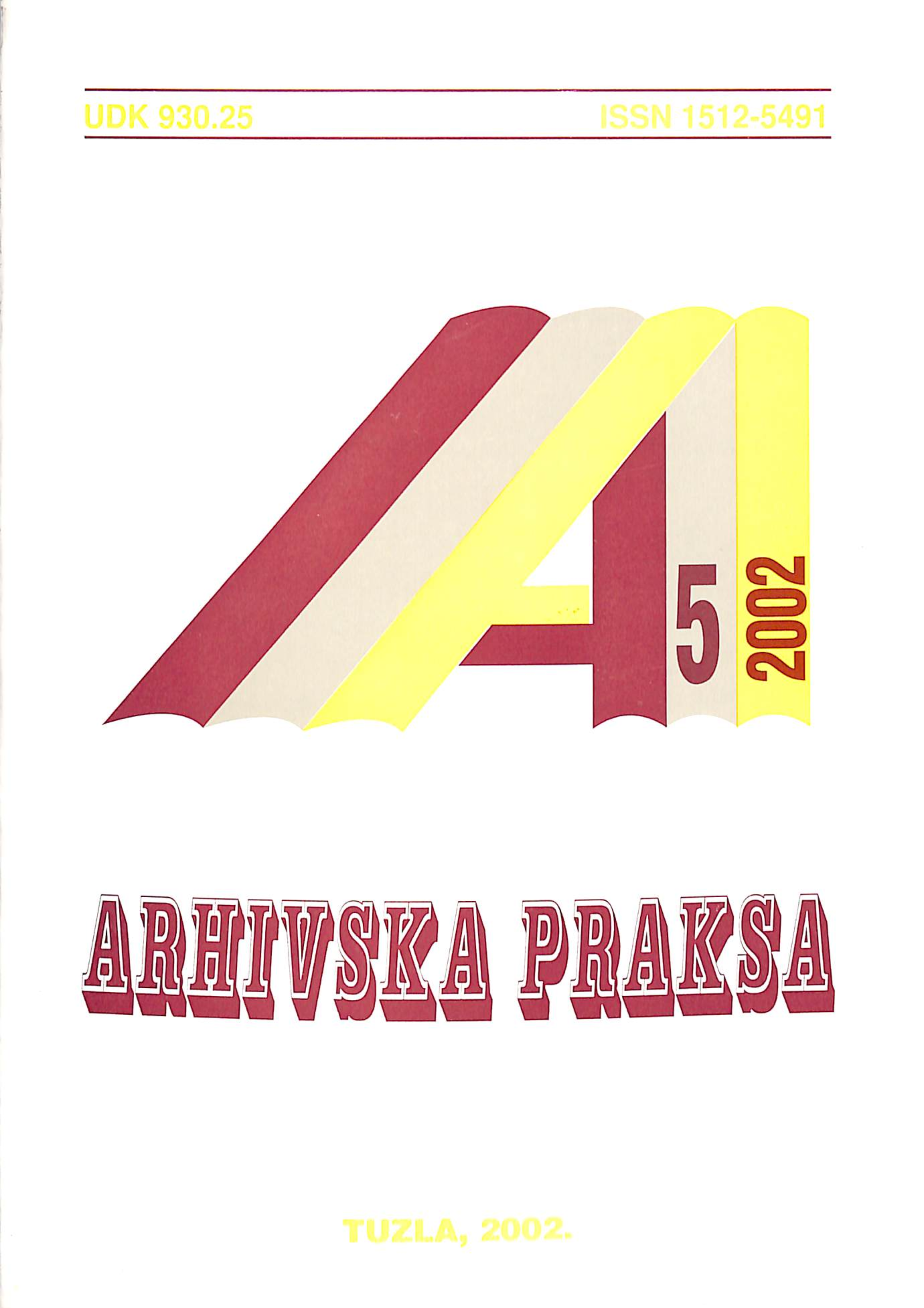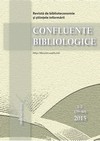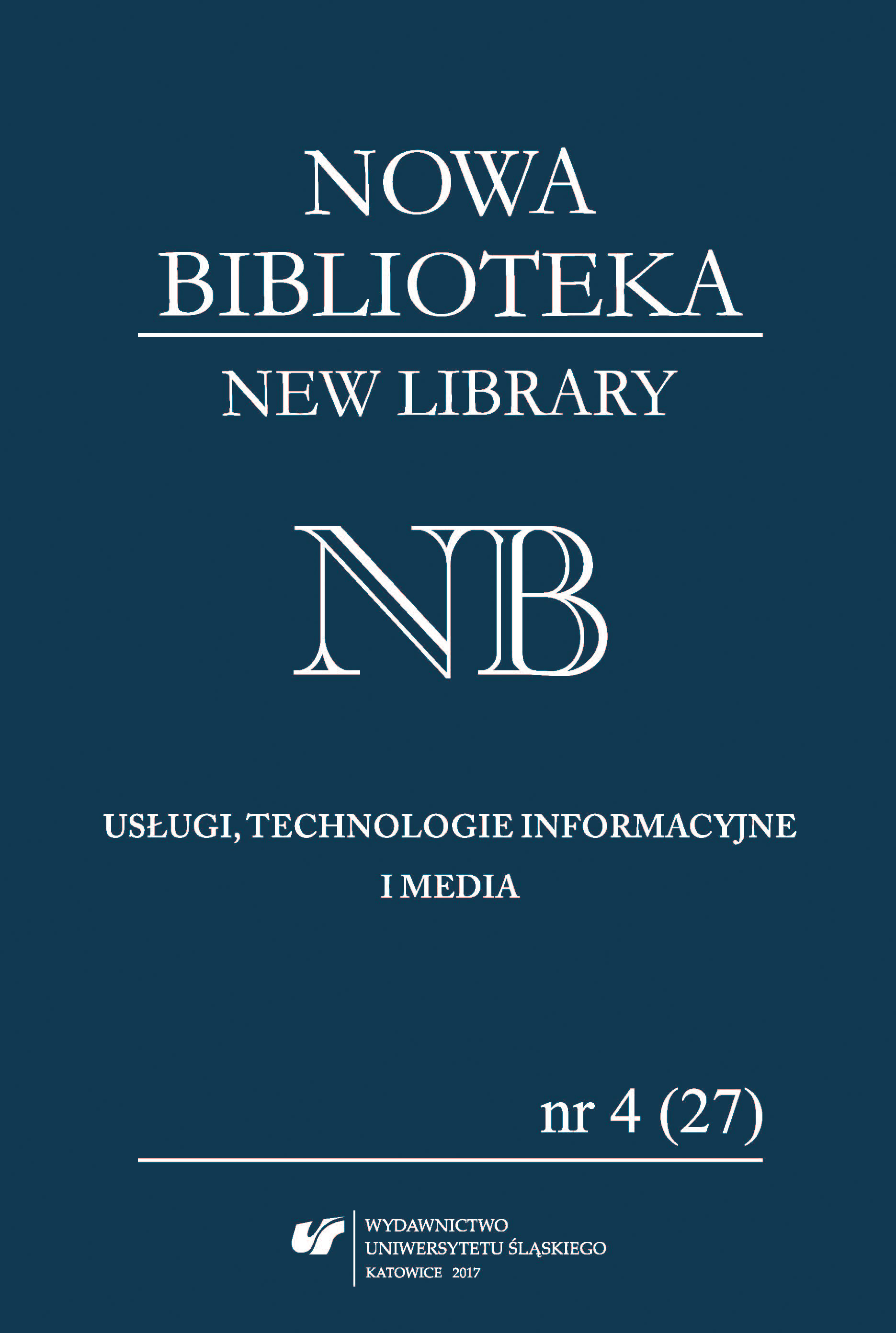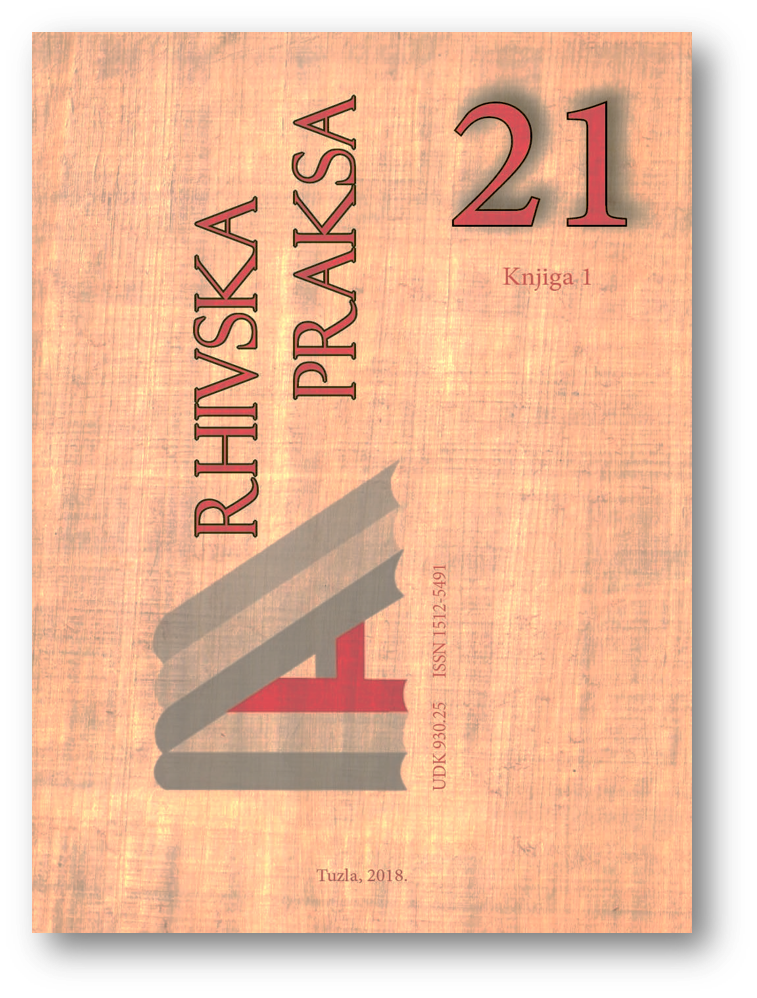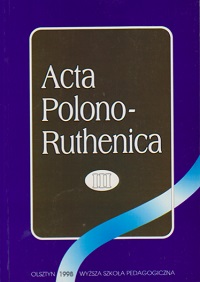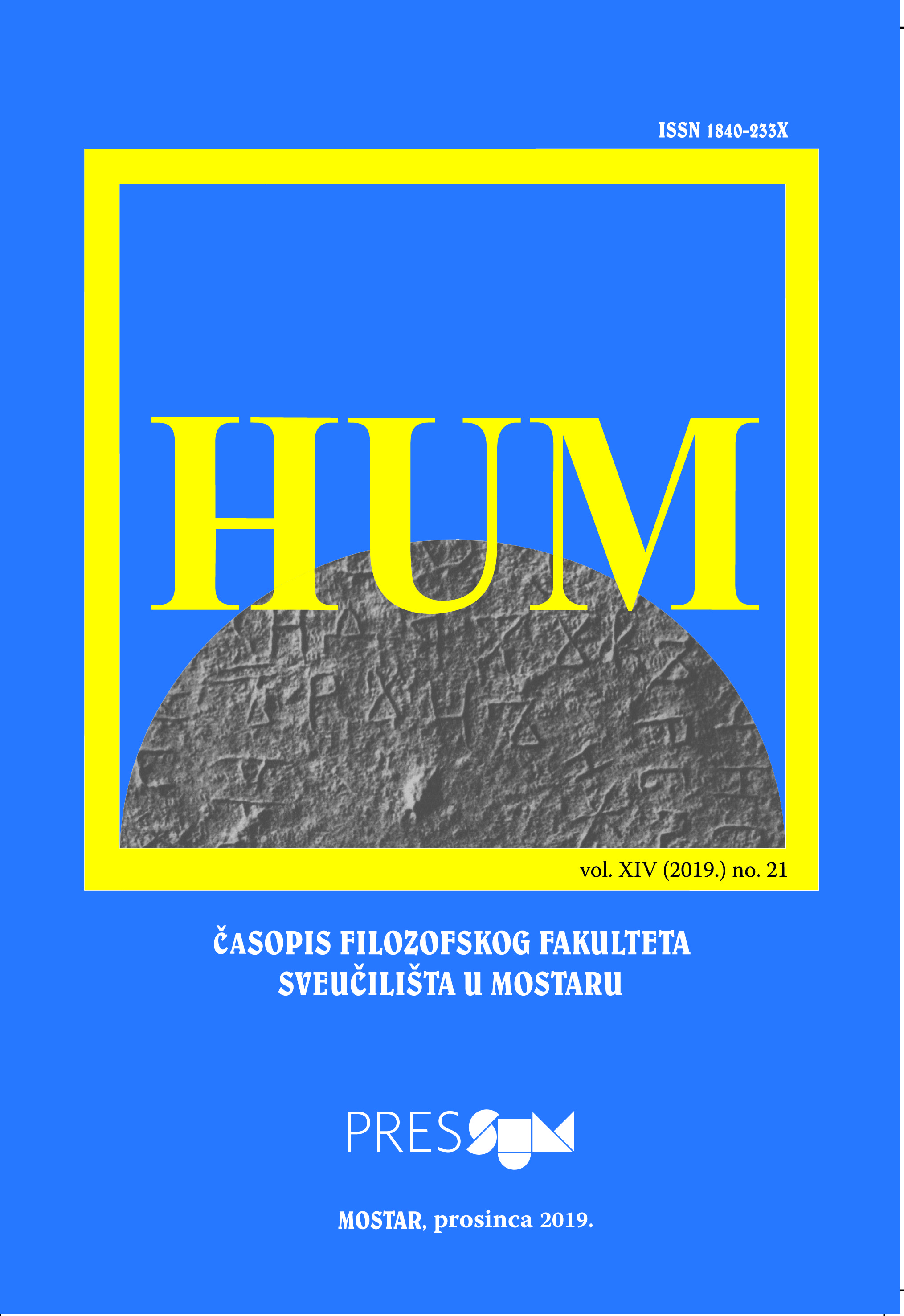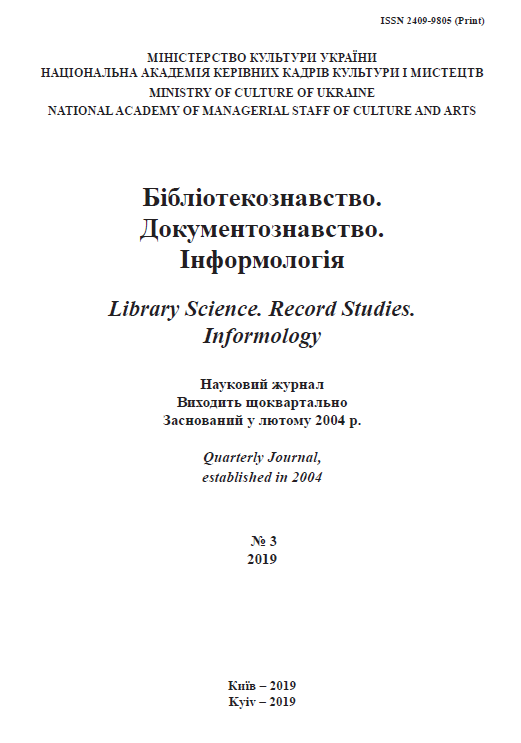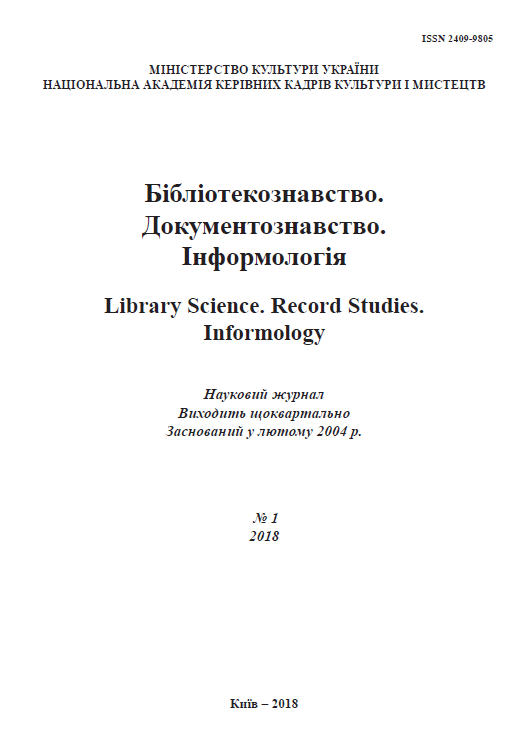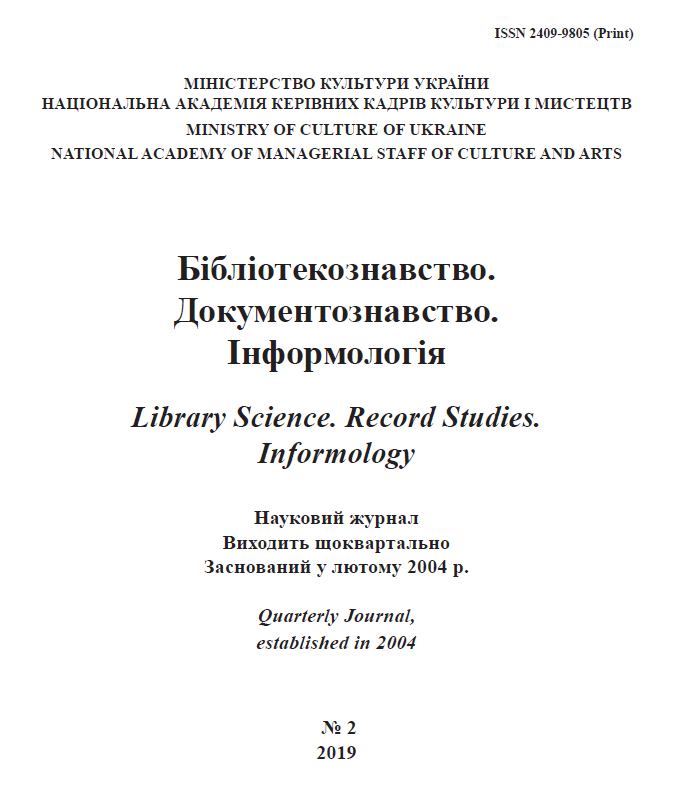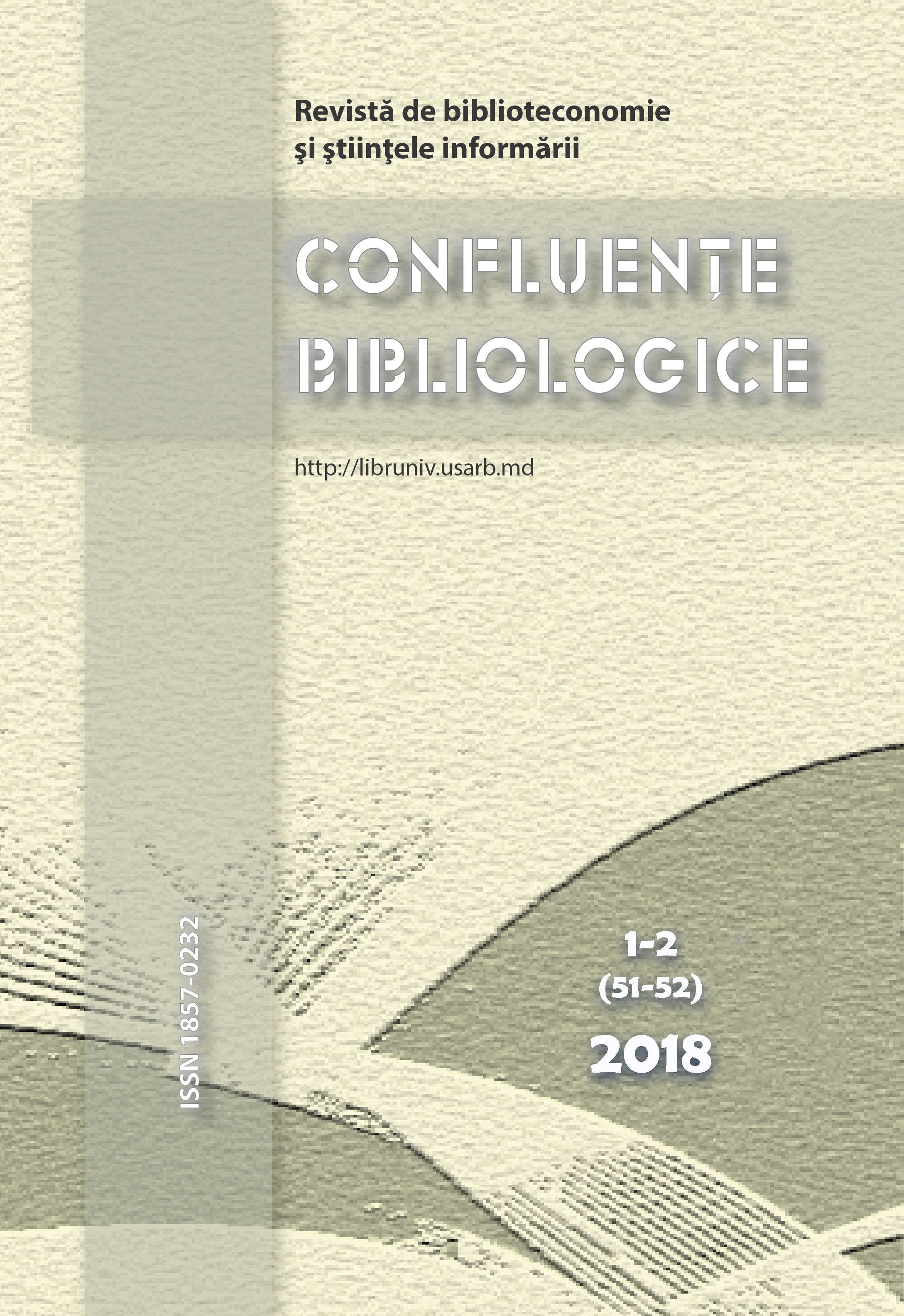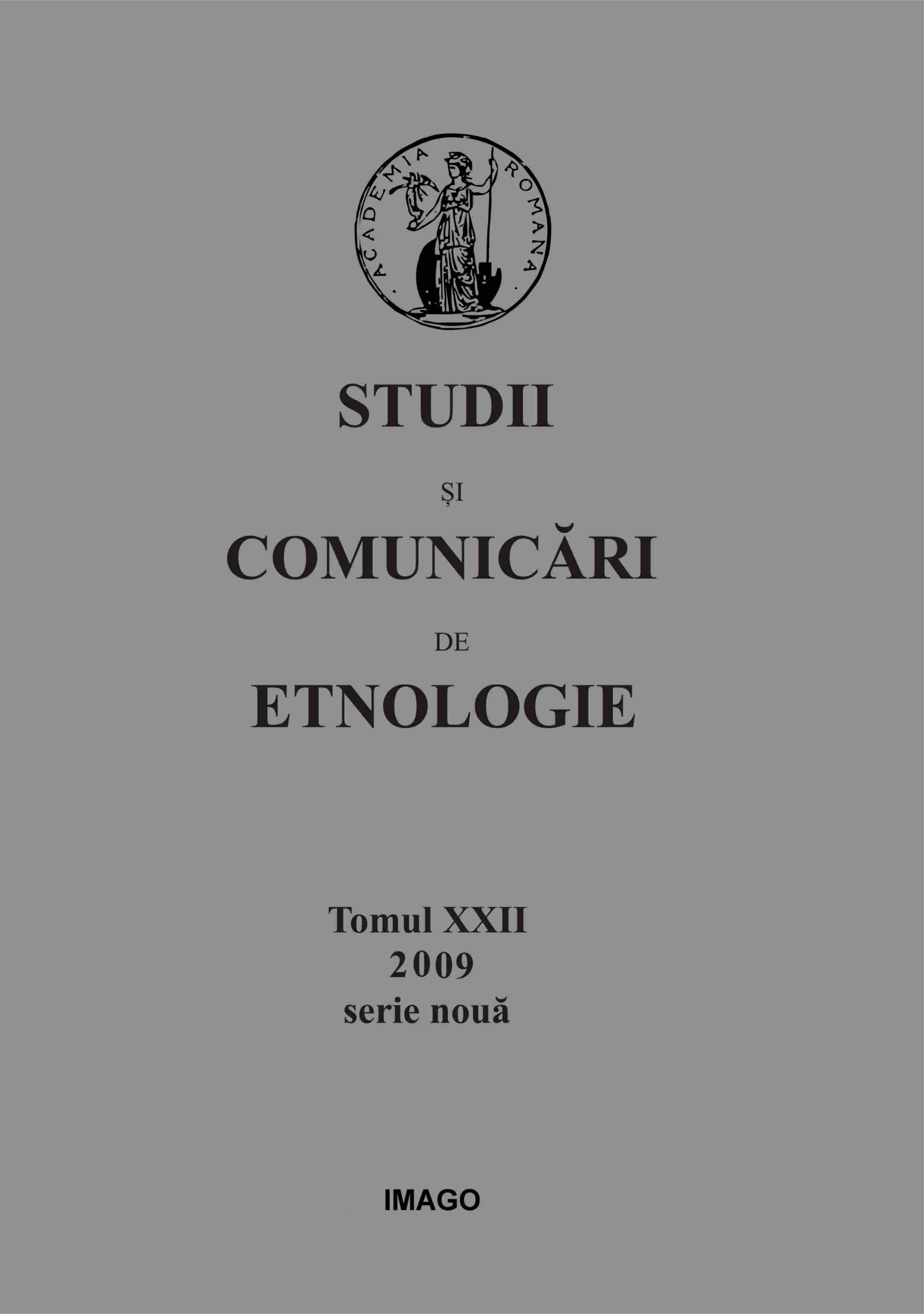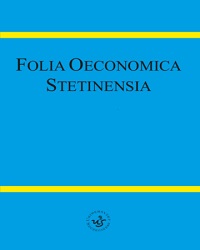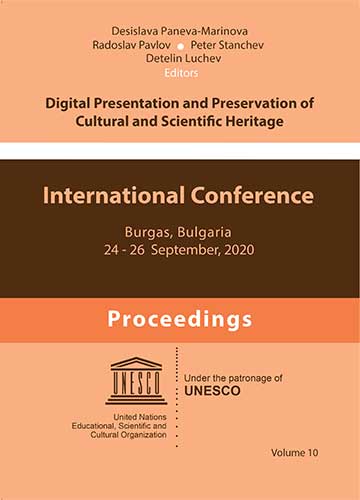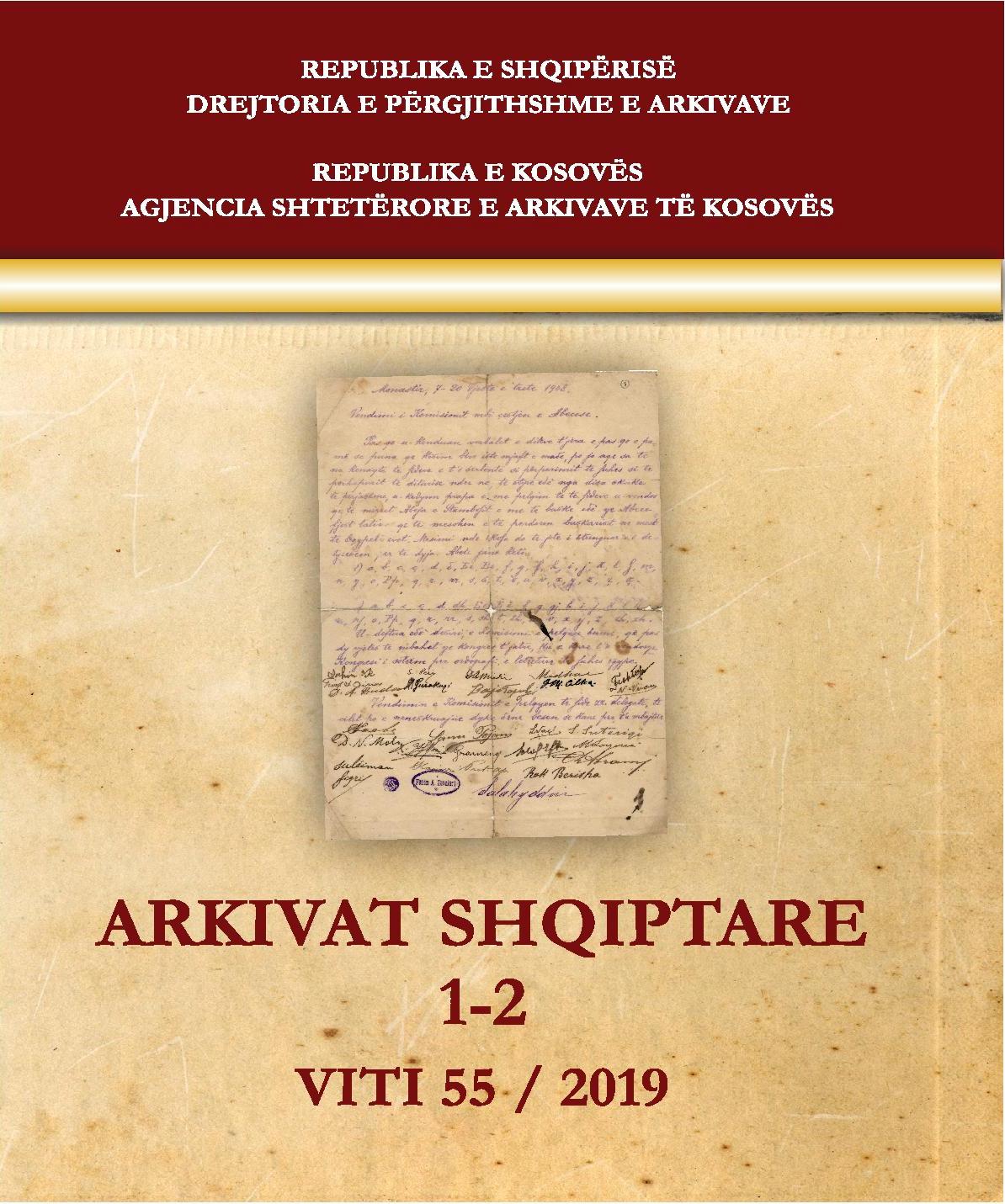Author(s): Nikolaj Lazić / Language(s): Croatian
Issue: 21/2019
Results of quantitative and bibliometric research, as well as decisions that might be made on the basis of those results and influence on certain policies, greatly depend on the quality of input data downloaded from bibliometric and citation databases. This assertion is directly connected to a high number of bibliometric and scientometric research that uncritically download data from bibliographic and citation databases, WoS – Web of Science or Scopus. This research, which has been conducted in the framework of the Croatian national project Research activity, collaboration and orientation in social sciences in Croatia and other post-socialist European countries – RACOSS, lead by Maja Jokic, PhD, analyzes the role of the classification system in downloading and processing data, i.e. making conclusions. Bibliographic records, downloaded in the period from 1996 to 2013, published in 4896 journals, represent the result of strategy on searching the scientific productivity and citation index of social scientists from 15 European post-socialist countries (Bulgaria, Croatia, Czech Republic, Estonia, Hungary, Latvia, Lithuania, Poland, Romania, Slovakia, Slovenia, Bosnia and Herzegovina, North Macedonia, Montenegro and Serbia). Classification of science by Scopus is based on the subject and content orientation of indexed journals.Diversity of classification system that uses the Scopus classification of a certain country can cause wrong interpretation on the basis of collected data. In this paper we made the analysis of journals and papers, and contrastive analysis of a certain journal affiliation to the field of social sciences was made on the basis of Scopus and Croatian classification of social sciences based on OECD Frascati fields of science. After the experts in this area had checked the journals and compared them to the classification system used in Croatia, the initial sample for reliable bi-bliometric analyses decreased to the portion of 44%. Affiliation to a certain field was made on the basis of the subject and content orientation of the indexed journals. Besides filtration of scientific fields, it is necessary to check the affiliation of a journal to the certain field by hand in order to get papers that belong only to social sciences. In this way there appeared a significant difference in the citation index additionally to lower number of papers and journals.
The aim of this research is to warn researchers to possible and real deficiencies of input data used for evaluation on the example of the Scopus database, which is relatively reliable source of data for bibliometric re¬search.
More...

